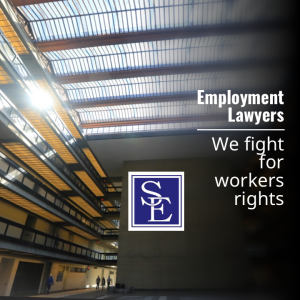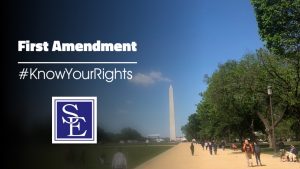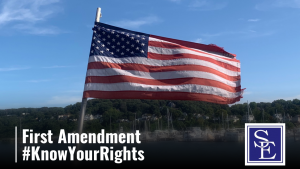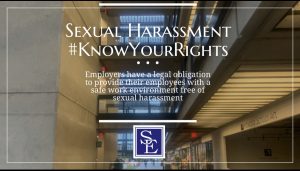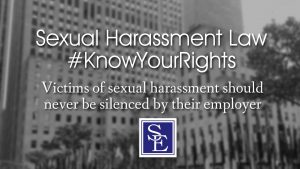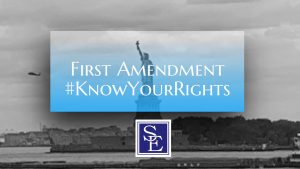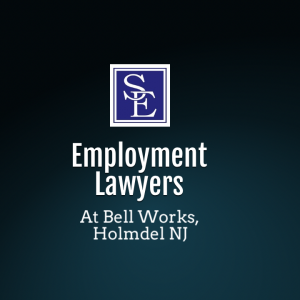In an 8-1 decision, the U.S. Supreme Court has ruled in favor of a Pennsylvania teenager in a closely watched free speech case, after the student was suspended from her high school cheerleading squad after posting a series of profane “stories” to her social media Snapchat account. This case reexamined the reach of the First Amendment as it applies to public school students when they are off school grounds.
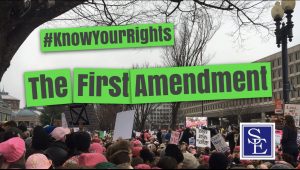 Plaintiff Brandi Levy tried out for Mahanoy Area High School’s varsity cheerleading squad, and when she did not make it, she memorialized her dissatisfaction by posting two temporary, 24-hour private stories to her Snapchat account with a friend at a local convenience store after school. The first post, which said “F**k school f**k softball f**k cheer f**k everything”, became the basis for her cheerleading coach to suspend her from the squad. Members of the cheer team notified school officials, who suspended Levy from the junior varsity cheerleading squad for the entire upcoming year under a cheer policy requiring students to be respectful, avoid profanity and not speak negatively about the sport. Levy and her family brought the case to district court. Both the district court and the court of appeals sided with Levy, granting her an injunction and nominal damage, but disagreeing with what standard applies to a school’s regulation of off-campus student speech.
Plaintiff Brandi Levy tried out for Mahanoy Area High School’s varsity cheerleading squad, and when she did not make it, she memorialized her dissatisfaction by posting two temporary, 24-hour private stories to her Snapchat account with a friend at a local convenience store after school. The first post, which said “F**k school f**k softball f**k cheer f**k everything”, became the basis for her cheerleading coach to suspend her from the squad. Members of the cheer team notified school officials, who suspended Levy from the junior varsity cheerleading squad for the entire upcoming year under a cheer policy requiring students to be respectful, avoid profanity and not speak negatively about the sport. Levy and her family brought the case to district court. Both the district court and the court of appeals sided with Levy, granting her an injunction and nominal damage, but disagreeing with what standard applies to a school’s regulation of off-campus student speech.
The Supreme Court granted review and drew a new line where public schools have the authority to regulate student speech. The Court relied on the 1969 case of Tinker v. Des Moines Independent Community School District, which was a landmark decision by the United States Supreme Court that limited First Amendment rights of students in public schools. That decision established that public schools’ have a special interest in regulating on-campus student speech that “materially disrupts class-work or involves substantial disorder or invasion of the rights of others.” The Tinker standard holds that “[C]onduct by [a] student, in class or out of it, which for any reason—whether it stems from time, place, or type of behavior—materially disrupts classwork or involves substantial disorder or invasion of the rights of others is . . . not immunized by the constitutional guarantee of freedom of speech.” Yet Tinker is a fifty-year old case, and as such, it does not address the types of speech we often see from students today – tweets, chats, stories and other social media modalities that reach hundreds of people in a variety of different locations and at different times, depending on when the speaker’s audience of online “friends” check their smartphones or computers. Whereas students at the time of the Tinker decision were engaging in speech during school hours, with and to classmates on school grounds, public school students’ speech today has the potential to “materially disrupt[] classwork or involve[] substantial disorder or invasion of the rights of others” even when the student is nowhere near the school and the speech takes place after school hours.
 New Jersey Employment Lawyers Blog
New Jersey Employment Lawyers Blog


